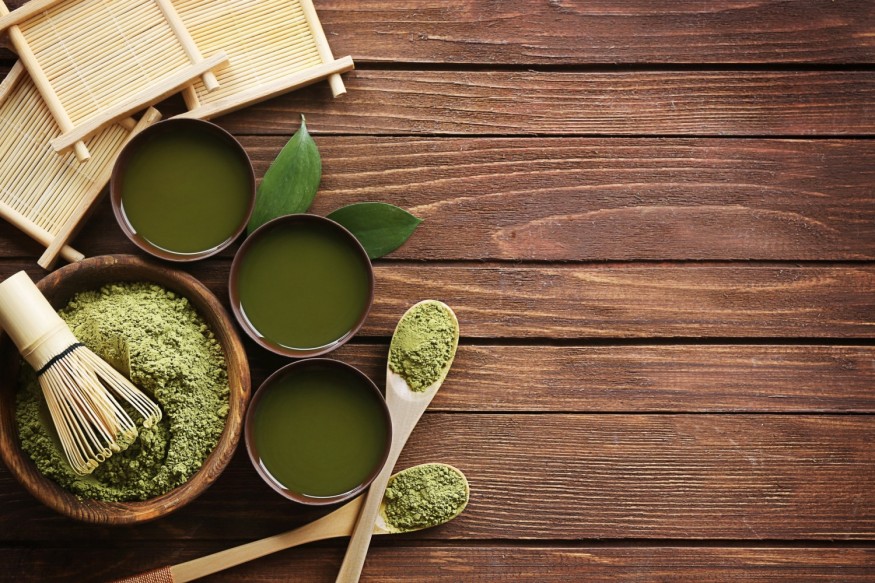
A new study suggests that antioxidants found in green tea may increase levels of a natural anti-cancer protein, p53, known as the "guardian of the genome" due to its DNA-repairing ability.
Researchers analyzed the direct interaction between green tea compound, epigallocatechin gallate (EGCG) and p53, which points to a new target for cancer drug discovery.
How Green Tea Suppresses Cancer
Published on February 12, 2021, in the journal Nature Communications, researchers set out to understand the underlying molecular mechanisms between EGCG from green tea and its ability to induce apoptosis in cancer cells.
Chunyu Wang, author of the study and a professor of biological sciences at Rensselaer Polytechnic Institute says, "Both p53 and EGCG molecules are extremely interesting. Mutations in p53 are found in over 50% of human cancer, while EGCG is the major antioxidant in green tea, a popular beverage worldwide."
He adds, "Now we find that there is a previously unknown, direct interaction between the two, which points to a new path for developing anti-cancer drugs. Our work helps to explain how EGCG is able to boost p53's anti-cancer activity, opening the door to developing drugs with EGCG-like compounds."
Wang is an expert in utilizing nuclear magnetic resonance spectroscopy to study the specific workings in Alzheimer's disease and cancer, including p53 that he describes as 'arguably the most important protein in human cancer."
What are p53 and EGCG?
P53 has many well-known anti-cancer functions, including the ability to halt cell growth to allow for DNA repair, activating DNA repair, and initiating programmed cell death if DNA cannot be repaired.
One end of the p53 protein named the N-terminal domain has a flexible shape, therefore, it can potentially serve multiple functions depending on its interactions with multiple molecules.
On the other hand, epigallocatechin-3 gallate (EGCG) is a compound commonly found in many natural foods. It's a polyphenol or a plant-based organic chemical easily distinguished by a large number of phenol structural groups.
It occurs naturally in many plants, such as fruits, berries, and tea leaves. These compounds are associated with several health benefits like cardiovascular health.
Findings of the Study
Wang and his colleagues found that interactions between EGCG and p53 preserves proteins from degradation. Usually, after being produced within the body, p53's quickly degraded when their N-terminal domains interact with proteins called MDM2. This regular cycle of production and degradation holds p53 at considerably low constant levels.
Wang explains, "Both EGCG and MDM2 bind at the same place on p53, so EGCG competes with MDM2. When EGCG binds with p53, the protein is not being degraded through MDM2, so the level of p53 will increase with the direct interaction with EGCG, which means there will be more p53 for anti-cancer functions."
The authors of the study are hoping to further develop the study and collaborate with institutions that made the study possible such as Upstate Medical University, Binghamton University, University of Massachusetts, and NYU.
RELATED STORY : Memory Cells and Antibodies May Provide Lasting Immunity From COVID-19 For Up to Decades
Check out more news and information on Cancer on Science Times.
© 2026 ScienceTimes.com All rights reserved. Do not reproduce without permission. The window to the world of Science Times.











